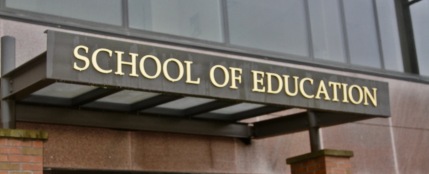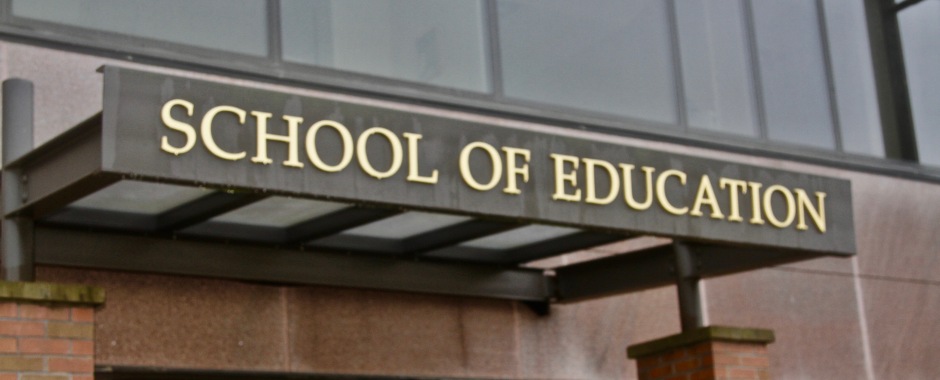BRISTOL, R.I.– A tight gubernatorial race in Rhode Island is only going get tighter this week with the primary elections on Wednesday, Sept. 12.
As voters begin to think about who they’re going to cast their vote for, they look at important topics such as health care, environmental rights and the economy. Education is another significant issue that candidates focus on that both directly and indirectly affect the state’s employment rate and overall economy.
“I think [the subject of education] is extremely important,” said Roger Williams University first year law student Daniela O’Regan.

In Rhode Island, according to the 2017 State Report Card, the high school attendance rate is 90.9 percent. In standardized testing, their students scored higher than their targeted proficiency in both mathematics and reading. However, they did not reach their 88.6 percent graduation rate. For the four year statistic, they only graduated 82.8 percent.
Gov. Gina Raimondo, the incumbent, has been involved in Rhode Island’s educational reform since her election in 2014. Her policies have both received positive and negative attention. She has implemented the all-day kindergarten program and free PSAT and SAT testing, which has encouraged more high school students to take college entrance exams.
Her most popular policy is free tuition for students at the Community College of Rhode Island. At a speech in Lincoln, R.I. on July 23, she said that she would push her free tuition program to the University of Rhode Island and Rhode Island College if she is reelected.
Raimondo’s Democratic opponents are Matt Brown, former Rhode Island Secretary of State, and Spencer Dickinson, who served multiple terms in the state House of Representatives.
Brown, who has been vocally critical of Gov. Raimondo’s lack of attention to the infrastructure of schools, has formulated a three-part educational reform plan, according to the Providence Journal. A few highlights of his plan is to establish “community learning centers” focused on mental-health care for students and also to work toward improving the education of Latino students.
Dickinson, a father of four children, believes that he has been a type of educator.
“Whether you are a parent or not, you might agree that educating the next generation is one of the most important things that we do as a community,” Dickinson said at a press conference in August 2018.
Although he does not have a set plan for education reform, there are some areas of education in Rhode Island that he would like to attack if he is elected into office such as the pension reform and the growing number of charter schools.
The Republicans who are looking to take control of the Ocean State are Allan Fung, Giovanni Feroce and Patricia Morgan. Fung and Feroce have not announced their stance on the education issue in Rhode Island., but Morgan, who was a special education teacher in Mississippi and Cranston, R.I., has focused throughout her legislative career to improve education.
Her plan to give a $250 tax credit to teachers who purchase their own school supplies has received much attention. She also hopes to encourage schools to embrace more technology in the classroom.

According to the WPRI/Roger Williams University Poll that was published in July 2018, it appears that the leading candidates of gubernatorial primaries on Wednesday will be the incumbent Gov. Raimondo and Fung. The results of the poll showed Gov. Raimondo with 48.8 percent of the vote and Fung with 46.6 of the vote.
